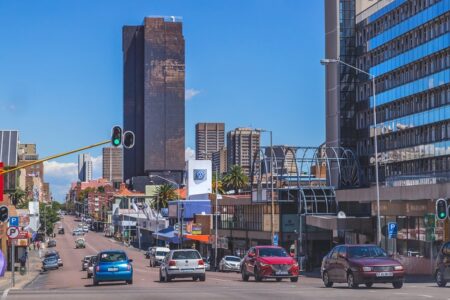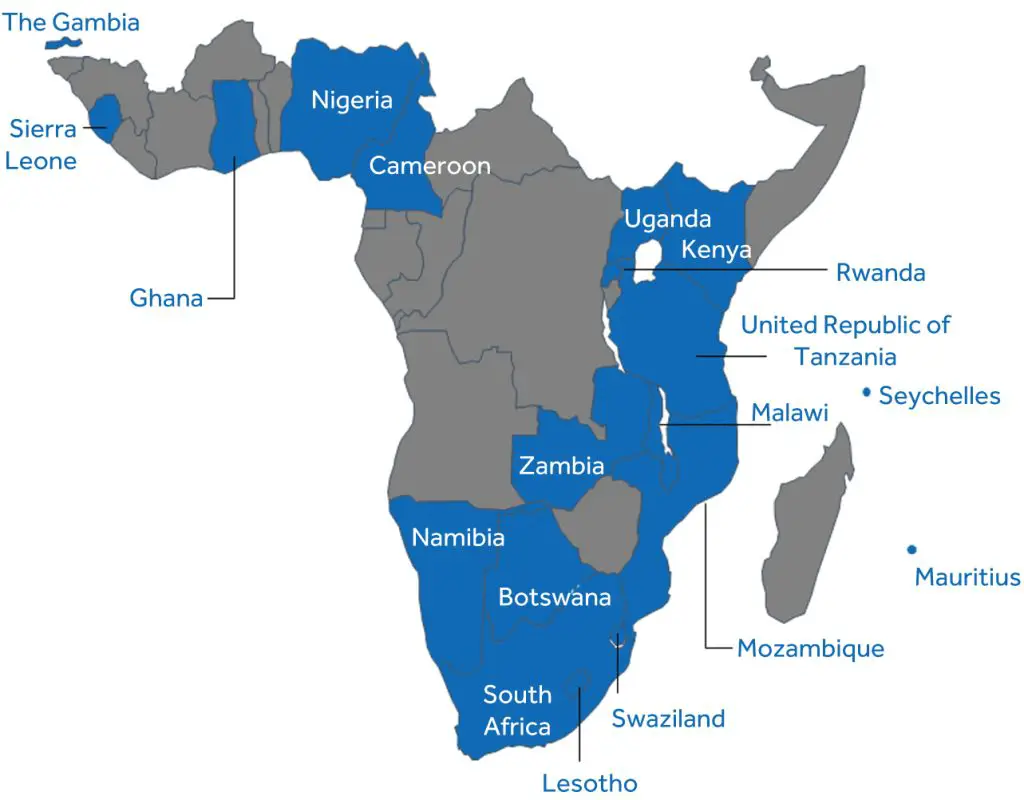Trending
- How Africa’s critical minerals is vital engine of regional growth and integration
- Strength in struggle: A Ugandan mpox survivor’s tale
- AFIS 2024: Here’s how we can grow Africa’s unicorns and gazelles
- African Energy 2024: Surging investment, waves of change
- AIM Congress 2025: Competition opens doors for Africa’s top tech innovators
- Zimbabwe rolls out $24M project to reduce use of mercury in gold mines
- Zambia secures $184M IMF support as economic growth set to decline to 1.2 per cent
- Equity enters alliance with ODDO BHF to spur Europe-Africa investments






